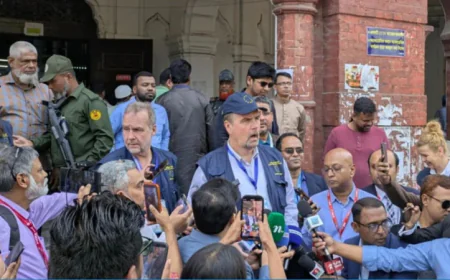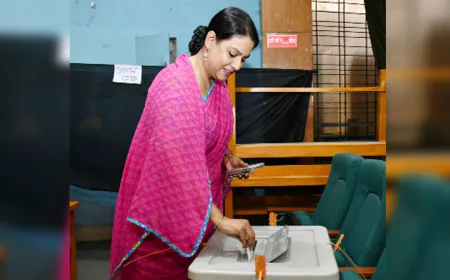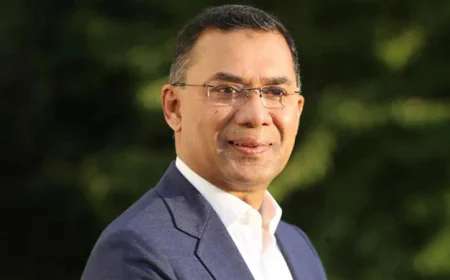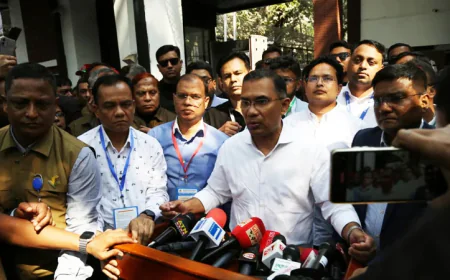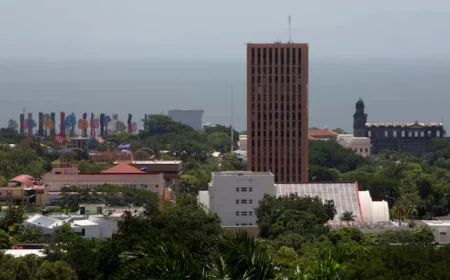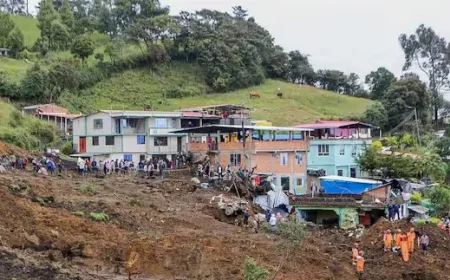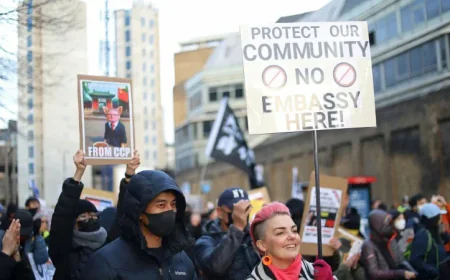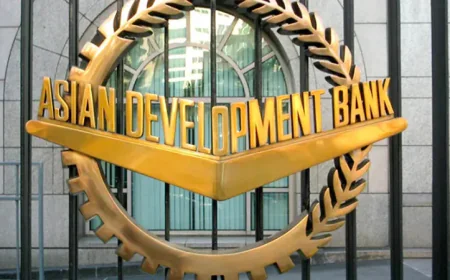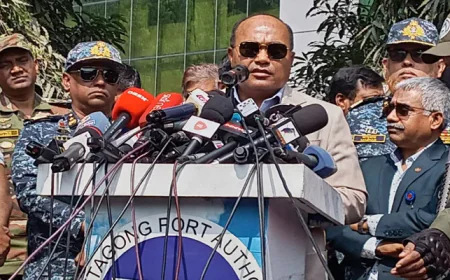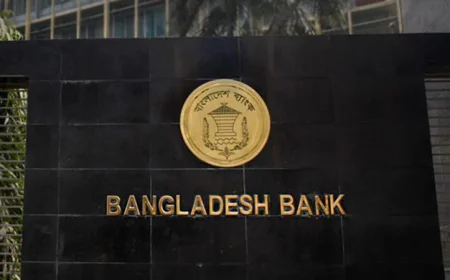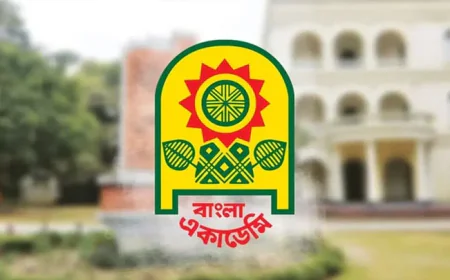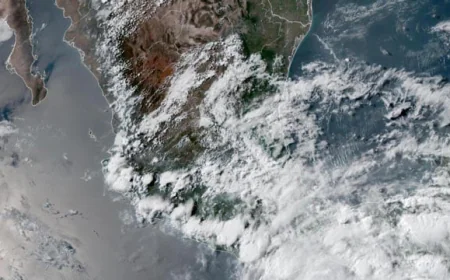Climate Change and Its Impact in Bangladesh and The Role of PROSHIKA
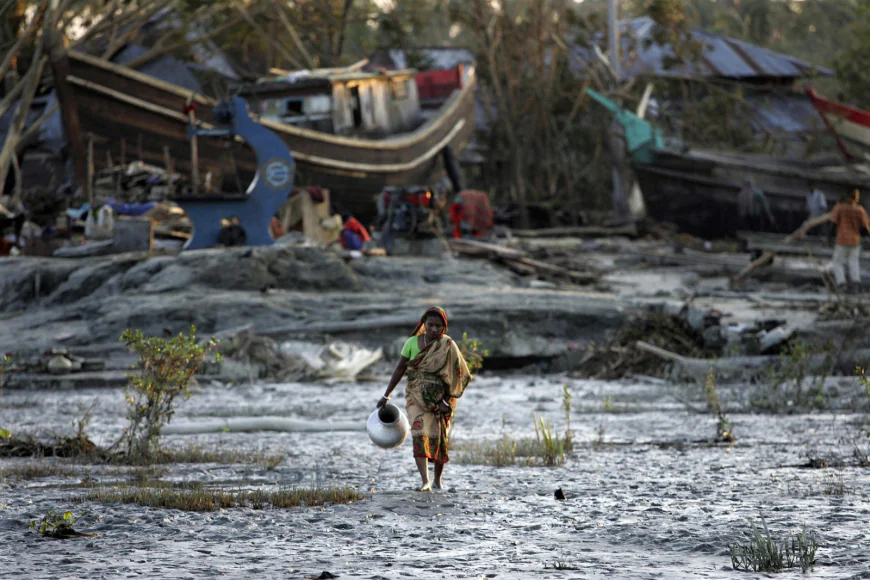
Climate change is one of the most important and widely discussed issues in the world at this time. It is undoubtedly the biggest challenge of the 21st century. As climate change has an adverse impact on biodiversity day by day, it has become the focus of our thoughts. Many researches on this issue in various ways are widely going on as well. But we couldn’t yet reach any suitable solution toprotect the environment.
The average weather of a place on the surface of earth over a period of 25-30 years is called the climate of that place. It basically indicates the significant changes in the long-term airflow, rainfall, temperature, sunlight or sunshine, etc. of a place. Naturally, the climate is changing due to the various dynamic processes of the earth, the level of solar radiation, changing in the axis direction, the position and the location of the earth compared to the sun, but the climate is mainly changing due to man-made factories, toxic fumes from vehicles, burning of coal, smokes of brick kiln, cutting of plants, etc. Forest destruction increases the emit of greenhouse gas in the atmosphere and increases carbon-di-oxide in the air. As a result, the temperature of the atmosphere increases at an abnormal rate and the balance of the environment is disrupted. Due to these changes in the global climate, the average temperature of the Earth is increasing, ice is melting at the North and South Poles, causing sea levels to rise, and coastal areas are facing disasters such as floods, cyclones, tidal waves, landslides, or mountain collapse.
According to the United Nations Climate Change Summit COP-26, achieving the goal of keeping temperature increase below 1.5 degrees Celsius will help combat the impacts of climate change. If we want to protect the adverse effects of climate change and give future generations a healthy and beautiful world, we need to play an important role in taking some effective steps. The United Nations Climate Conference Cop-20 has said that it takes seven issues to prevent climate change, such as preventing deforestation and planting trees; reducing the use of fossil fuels; reducing the use of engine-powered vehicles; not using chemical methods but use ecological methods in agricultural sector, to put the used or waste things in a certain place or bin where they do not leave and re-using it or recycle it; and creating public awareness of climate change.
 In the other hand, a report on German based International Research Agency German Watch titled 'Global Climate Risk Index 2021' said, Bangladesh ranks seventh among the most environmentally vulnerable countries in the world. This has been due to our geographical location, overpopulation, floodplain, extreme poverty and high dependency on natural resources. Climate change is not only affecting human development and biodiversity conservation but also has become a threat to human security. Bangladesh is facing severe climate change impacts due to reduced rainfall during the monsoon season, sudden and severe catastrophic floods, severe increasing temperature, rising sea water level coastal areas are facing waterlogging and salinization, land erosion, cyclones, deforestation, biodiversity loss, shrinking agricultural land, and local migration.
In the other hand, a report on German based International Research Agency German Watch titled 'Global Climate Risk Index 2021' said, Bangladesh ranks seventh among the most environmentally vulnerable countries in the world. This has been due to our geographical location, overpopulation, floodplain, extreme poverty and high dependency on natural resources. Climate change is not only affecting human development and biodiversity conservation but also has become a threat to human security. Bangladesh is facing severe climate change impacts due to reduced rainfall during the monsoon season, sudden and severe catastrophic floods, severe increasing temperature, rising sea water level coastal areas are facing waterlogging and salinization, land erosion, cyclones, deforestation, biodiversity loss, shrinking agricultural land, and local migration.
Trees are not just food, it provides our oxygen, the balance of the environment and biodiversity, medicines, the raw materials and fuel of the industry, clothing and housing; gives beautiful shades; protects from storms and tides, from noise and air pollution; give food and shelter to the wild animal; helps to cause timely rainfall; prevents soil and river erosion and, above all, protects the Earth from the adverse effects of warming and climate change. According to the scientists, a 50 years old tree can produce $ 31,500 worth of oxygen, save $ 62,000 for preventing air pollution, recycling of water worth $ 37,500 and prevent soil erosion for $ 31,500. Again, about 1.7 percent of our total GDP contributes from the forest land and 47 percent of the total forest land is Sundarbans. The Sundarbans become a barrier to the cyclone that is hit from the Bay of Bengal and a large amount of carbon-di-oxide is pulled from the atmosphere as well. This reduces environmental pollution; carbon dioxide is converted into food and help to grow the saltwater plants of the Sundarbans. The Keora tree can store the most carbon-di-oxide in its roots, stems, branches, and leaves. One hectare of Keora Forest is capable of storing 170 tons of carbon-di-oxide per year.
In the case of Bayen, it is 115 tons, and in Gewa, it is 23 tons. For the aforementioned reason, 39 cyclones hit Bangladesh from 1960 to 2024, causing extensive damage to the Sundarbans, but it protected the entire country from the storms by holding the coastal region close to its chest like a mother. Therefore, we need to be more aware of protecting the Sundarbans and at the same time, it is our moral responsibility to protect trees by not cutting down them unnecessarily.
Climate change is a serious threat to the environment of the world, the livelihoods and biodiversity of the world. Therefore, to deal with the adverse effects of climate change, more trees should be planted and effective steps should be taken to protect the environment. PROSHIKA: A Human Development Centre is one of the non-government organizations (NGO) in Bangladesh. Though the main purpose of this organization is to alleviate human poverty, the maintenance of the environment is also one of the goals of the organization as well. PROSHIKA has taken several programs to protect the environment among them are 'Social Forestry and Climate Change Program', 'Ecological Agriculture Program', 'Urban Agricultural Program', 'Green City, Clean City Program' etc.
In the financial year 2024-2025, PROSHIKA has taken the initiative to plant five million indigenous fruit, forest and medicinal trees across the country and is also playing a special role in creating the awareness about the importance of tree planting among all the people, including PROSHIKA group members. More trees should be planted to ensure the country's food security and protect the environment as well. Since 1984, PROSHIKA's tree plantation program throughout the country during the rainy season has been continued and in continuation of this process PROSHIKA has planted about 110 million of several varieties trees through the 'Social Forestry and Climate Change Program' and to protect the country's coastal towns from cyclones, typhoons, tornadoes, floods, droughts, etc., it has afforested about 26 km. coastal area and has been able to conserve more than 8,500 acres of Sal forests by involving the local people. This afforestation has not only protected the climate or environmental balance, but at the same time, the local people have been protected from natural disasters and have benefited financially as well. According to the Bangladesh Forest and Tree Resources Survey Report-2019, tree plantation has become a social movement in the country. As the selling price of trees is within people's capability, people's enthusiasm and awareness towards tree planting has also been increased. PROSHIKA is closely involved in every step of this social movement in the country. This social movement of the people of the country is also adding positive impact to the country's economy.
The use of organic fertilizers instead of chemical fertilizers is an alternative agricultural practice that is sustainable and effective in protecting the environment, supportive of biodiversity, and completely opposite to the use of chemical fertilizers and pesticides. The long-term use of chemical fertilizers is leading to a decrease in soil fertility and water retention capacity, as well as air pollution and the destruction of beneficial insects of air pollution and nature. To protect these beneficial ingredients of soil and nature, PROSHIKA is conducting agricultural activities in an environmentally friendly manner, i.e. ecological agriculture or organic agriculture using organic fertilizers or organic pesticides.
In this method, PROSHIKA agricultural activities are being expanded equally in both crop fields and homestead courtyards. For more than three decades, PROSHIKA has brought 260,939 hectares of cropland, including 14,738 households, under PROSHIKA organic agriculture using organic fertilizers instead of chemical fertilizers, and its expansion process is still ongoing. It is worth mentioning that PROSHIKA received the National Agriculture Award in 2000 for its special contribution to environmentally and friendly agricultural activities. Moreover, since the last two years to prevent climate change and for the welfare of the country and the people, PROSHIKA has been implementing two programs named 'Green City, Clean City' and 'Urban Agriculture' with its own funds. The aim of the programs is to cover every house, school, college, institution, road, and every inch of space around them with greenery and to keep the city clean.
There is no alternative to tree plantation to maintain the balance of the environment and save the country from the adverse effects of climate change. To complete the tree plantation program properly and beautifully, trees should be planted around homes and on suitable high land those are free from floods. We can easily plant fruit, forest and medicinal trees on these lands. Tree plantations on both sides of rural roads in the country, and it can be done at these places under the initiative of the local government engineering department. Trees that can be pruned and kept on the roadsides can be planted. There is ample land for tree plantation in the riverine and coastal areas of the country. In the coastal areas, salinity-tolerant trees such as Sundari, Goran, Gewa, Golpata, Mandar, Karai, Coconut, Betel and Palm trees can be planted. Trees that retain soil can be planted on the banks of ponds, such as coconut, betel nut, amrapali mango, neem, papaya, guava, banana, lemon, grapefruit, pomegranate, etc. Apart from this, we can plant flowers and fruit trees and develop vegetable gardens on the rooftops of urban homes across the country in a planned manner. Small ornamental trees can also be planted on city roads in a planned manner. Remember, if there are trees, there will be oxygen, and if there is oxygen, the environment will be clean and beautiful.
More attention needs to be paid to creating greater awareness about how to make society greener to prevent climate change. In the face of this environmental catastrophe, we must do our utmost to plant more trees in rural and urban areas to adapt to the adverse conditions of our future environmental, ecological, and climate change. Above all, we all need to work on climate change and play an effective role in building a beautiful world.
Report Collected by
ArifurRahman (Saadnan)
Staff Reporter
The Daily Tribunal
